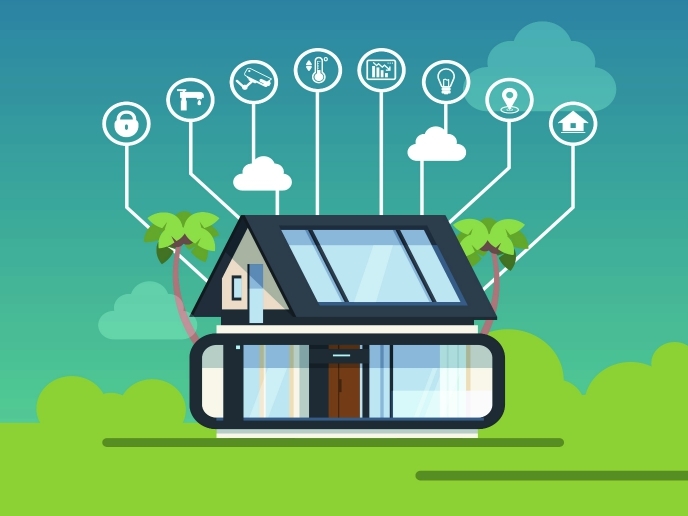Energy efficiency and behavioural change: Reducing carbon footprint through ICT and sustainable actions
Targeting consumers’ behaviour is key to promoting energy efficiency in buildings. To make any inroads in energy cuts, it is important to help people understand why and how homes, workplaces and businesses need to be improved to make better use of energy. Making energy more tangible can also work well as a strategy: consumers get very little feedback about the direct consequences of leaving a light on when they leave a room or keeping their thermostat on high when they are away. ‘Dumb energy’, squandered carelessly, could be replaced by ‘smart energy’ enabled by ICT solutions. It is clear though that the biggest challenge is not to only deploy the right technology. The real focus should be on trying to influence the ‘sensitive realm’ of a building, namely inspire environmental sensitivity and show how much influence and meaning personal choices have in a wider context.
Gamification and serious games could alter old energy habits
Getting people to change their behaviour, especially when it comes to every-day habits, is difficult. This is where games could have a niche. By turning mundane activities into a game, a process called ‘gamification’, people can obtain rewards for making a positive change. Gamification can be anything from competitions between neighbours to getting positive feedback for sustainable actions on social media platforms. Competitive energy savings can make individuals feel empowered and achieve long-lasting effects in buildings. Serious games, which are more educational by nature, could also encourage people to adopt environmentally friendly behaviours. Connecting serious games to energy data in buildings can offer easy and quick energy savings.
EU-funded projects leading the way
This Results Pack showcases seven EU-funded projects that have developed apps for smartphones and tablets, interactive online tools and serious games that not only raise awareness but also strive to make long-lasting behavioural change as easy as possible. The EnerGAware project unveiled a serious game called ‘Energy Cat: the House of Tomorrow’ to build energy engagement in social housing. By buying different items, each player customises their own virtual house, bearing in mind the energetic consequences of these actions. The actual energy consumption of the players’ real houses also impacts on the game, thanks to the data collected by a smart meter. A significant output of the enCOMPASS project has been a hybrid table and digital game called Funergy that increases student awareness on issues related to energy efficiency. The app was gamified to keep high levels of engagement. In a similar vein, the GAIA project created an innovative ICT ecosystem, which includes Internet of Things sensors, data from participatory sensing and a learning system for serious games, tailored to public educational buildings. MOBISTYLE developed four different ICT-based tools to encourage people to reduce energy consumption through holistic information about the impact of energy-efficient behaviours on personal health, productivity and environmental air quality. Similarly, the InBetween and PEAKapp projects developed smart ICT solutions comprised of a cloud-based platform and a mobile app to encourage behaviours supporting energy efficiency and sustainable energy use. The mobile apps also inform consumers about discounts in renewable electricity. Finally, ENTROPY’s novel energy IT platform and ecosystem could also bring improvements in energy efficiency of public buildings when driven by a campaign manager.



